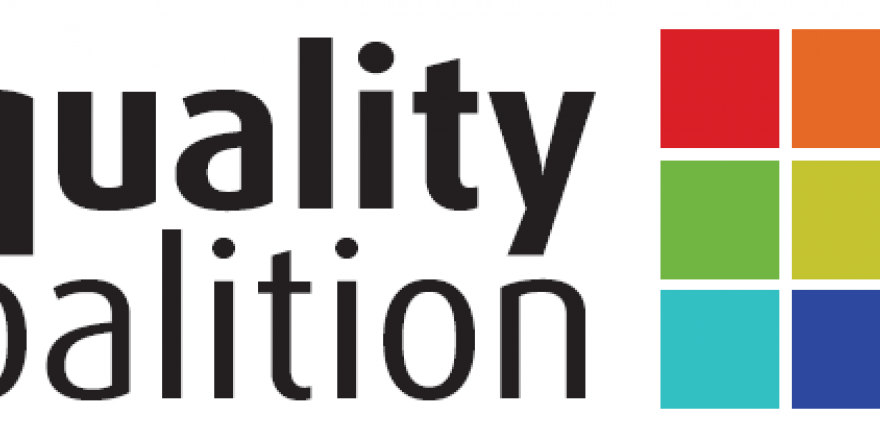
The Equality Coalition is a broad alliance of 90 civil society organisations and trade unions in Northern Ireland that collectively campaign to promote equality. The Coalition is jointly convened by UNISON and the Committee on the Administration of Justice (CAJ). It provides a forum for unity between multiple sectors when campaigning for equality, while still allowing for the diversity of its members’ work and views.
Collectively as Equality Coalition members we are seriously concerned by the impact that the Covid19 pandemic will have on the groups protected by equality law (including the nine equality categories covered by Section 75 of the Northern Ireland Act 1998), as well as the impact the pandemic will have on exacerbating already unacceptable levels of economic inequality in our society.
As a Coalition, we call on the Northern Ireland Executive Departments and all public authorities, in developing necessary policy responses to Covid-19, to fully discharge their ‘Section 75’ obligations to ensure such policies actively promote equality of opportunity and don’t exacerbate inequalities. In particular, the Coalition:
- Conscious of the right to life duties under the European Convention on Human Rights (ECHR) to take all reasonable steps to protect lives, calls on all relevant public authorities to ensure that all health and social care workers and other essential workers, regardless of whether they are employed in the public, private or community and voluntary sector, have access to the necessary Personal Protective Equipment (PPE) – including PPE equipment designed to fit women (who make up the majority of key workers). We call on the Northern Ireland Human Rights Commission (NIHRC) to closely monitor this issue because it is of such crucial importance both in terms of protecting workers’ fundamental right to life and in limiting the spread of Covid-19 through our communities;
- Seeks that the NI Executive, in line with WHO international standards, immediately moves to implement a widespread programme of testing and contact tracing of Covid-19 cases to protect the health of all people, but particularly those Section 75 groups most vulnerable to Covid-19, including older people, persons with disabilities, ethnic minorities, and those who are pregnant;
- Calls on public authorities to ensure that those persons who must ‘shield’ in their own homes to protect themselves from Covid-19 (which will disproportionately affect older persons, persons with disabilities, and persons caring for those required to ‘shield’) receive all the help and support that they need to do so, including access to the Coronavirus Job Retention Scheme where they wish to avail of it;
- Recognises that emergency law measures are required and necessary to restrict contagion, and urges that such legislation is proportionate, regularly reviewed, and time bound to be in place only for as long as is needed. There is a need for legal certainty so that the rules are clear, and for safeguards to prevent powers being used in an arbitrary or discriminatory manner, or for collateral purposes unrelated to Covid-19;
- Conscious that emergency legislation should not be limited to restricting citizen behaviour, asserts that it should also include duties on public authorities designed to protect people (for example to ensure provision of PPE equipment); duties on private actors to assist in the production of essential items; and/or measures preventing evictions or providing for social protection;
- Asks relevant public authorities to ensure that all reasonable steps are taken to counter violence against women and broader domestic abuse against vulnerable groups due to the heightened risk resulting from Covid-19 restrictions;
- Recognising the considerable number of essential workers, in health and elsewhere, who are migrant workers, calls on the Home Office to drop its ‘hostile environment’ and No Recourse to Public Funds (NRPF) policies; and asks public authorities to ensure that all Covid-19 social protection measures are open to all regardless of immigration status;
- Urges steps to be taken to ensure the ongoing provision of essential public services during the pandemic, including reproductive health care services and essential childcare provision;
- Conscious that the most vulnerable groups bore the brunt of the austerity invoked following banking bailout, calls on the UK government and NI Executive to take all steps possible to ensure this is not repeated in the aftermath of Covid-19. Public authorities must ensure that the equality duties form the basis for all policy initiatives that they develop to rebuild our society. In particular, the long term running down and starving of investment of the health and social care system should be reversed to ensure it is better prepared for any future surges.



